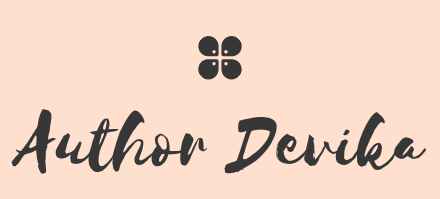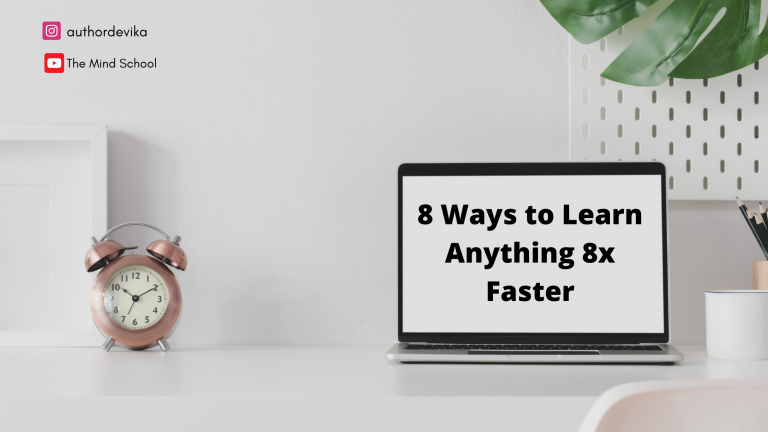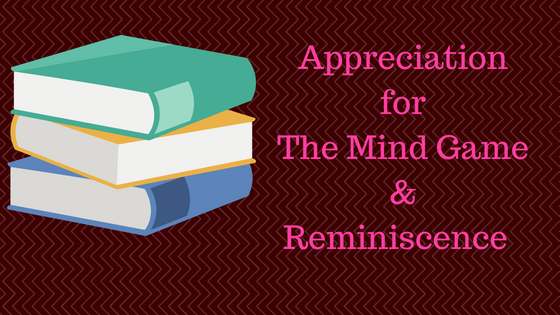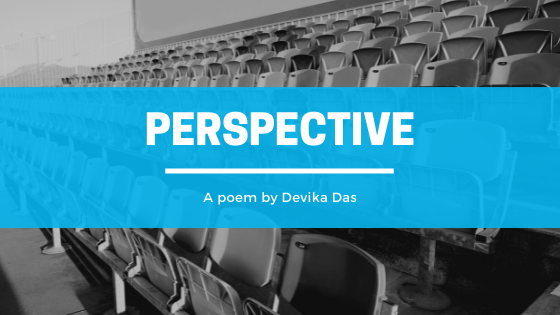Learning never stops. Whether you’re a student, working professional, or entrepreneur, you’ll find yourself in situations where you’ll need to learn. It could be a skill, presentation, topic, business plan, or anything, but your memory will be put to test.
Here are 8 effective ways to learn anything faster.
Speak out loud
The act of speech is a powerful mechanism and can boost your memory for the information you want to grasp. Learning becomes more effective when you pair it with active involvement. By adding a measure or element to action, you can enhance its effect on your brain and memory. In a nutshell, when you’re trying to learn something, try to rehearse out loud instead of absorbing it silently.
Take notes by hand
Yeah, digital life!
Most people can type faster than they can write. And you don’t even need to type nowadays as you can simply click a snap of the screen. But research suggests that writing down what you’re trying to learn creates a photographic memory and enhances both comprehension and retention.
Distribute your learning sessions
Steal this study tip from high school: don’t wait until the last minute to learn a presentation, white paper, or even a skill. Distributed practice is way more productive regardless of what you’re trying to learn.
Let’s say you want to get better at working on spreadsheets. Microsoft Excel has more than 300 formulas and functions. Imagine mugging them up in one go and forgetting it all the next day. The better approach is to distribute your learning sessions and take one step at a time. In MS Excel, for example, you can first learn the basic cell formulas and practice them well. Then, take a step ahead and start with worksheets or VBA functions.
Test yourself a lot
Unlike school, where you’ll have annual assessments to test your progress, self-learning requires self-testing. When you test yourself and make mistakes, you’ll not only remember what you did right but also what you did wrong. This way, you’ll know what exactly you need to work on to get better.
However, it’s critical to be honest with yourself during self-assessment. When evaluating yourself, don the coat of your high-school teacher who would deduct marks for every small mistake. Be harsh, and test yourself a lot.
Use different ways to practice
Repeating something over and over again won’t necessarily increase your skill. Sometimes, it’s donkeywork and can have the opposite effect. But if you practice a modified version of your task, you can learn faster without getting caught up in the recurring cycle.
What follows is a quick guide to make the best use of this reconsolidation method.
- Learn the basic skill
- Give what you’ve learned some time to settle. Practice what you’ve learned.
- Practice again in a different way. Let’s say you’re learning to play the guitar. Initially, you learned the basic chords and how different strings produce sound. Now, you can modify your learning session by including your favorite song.
- Keep modifying conditions by adding new challenges and tasks.
Exercise regularly
How could physical exercise be related to learning a skill? Unless, of course, you’re trying to get better at athletics, exercising doesn’t seem to add much to your learning process, right?
What most people don’t know is that high-intensity exercise is excellent for not only your fitness but your memory, too.
Regular exercise can result in drastic improvements in your high-interference memory (remembering faces, names, and discrete details). Besides, exercising also boosts brain-derived neurotrophic factor (BDNF), a protein that regulates the survival, growth, and function of brain cells.
Get enough sleep
When you sleep, your brain recalls, consolidates, and processes the information you’ve fed it while you were awake. Thus, even a small nap can enhance your memory recall.
Sleep deprivation or lack of sleep can also affect your memory and keep your brain from accepting new information. So, the better you sleep, the better you’ll learn.
Practice associative learning
Let’s say you’re learning musical instruments, and last month, you learned to play the guitar. Now, would it be easy to learn the violin for the flute? You get the idea.
Learning something new that’s related to something you’re already familiar with is called associative learning. If you’re a software programmer, it’ll be easy for you to learn a programming language than to learn to sing. Not that you can’t try something entirely new, but associative learning is generally more effective.
Conclusion
There’s no secret formula to speed-up your learning. All you need to do is challenge yourself and learn from your mistakes.
Want to learn more about how to get better at absolutely anything in life? Check Out The Mind Game on Amazon India and Google Books





